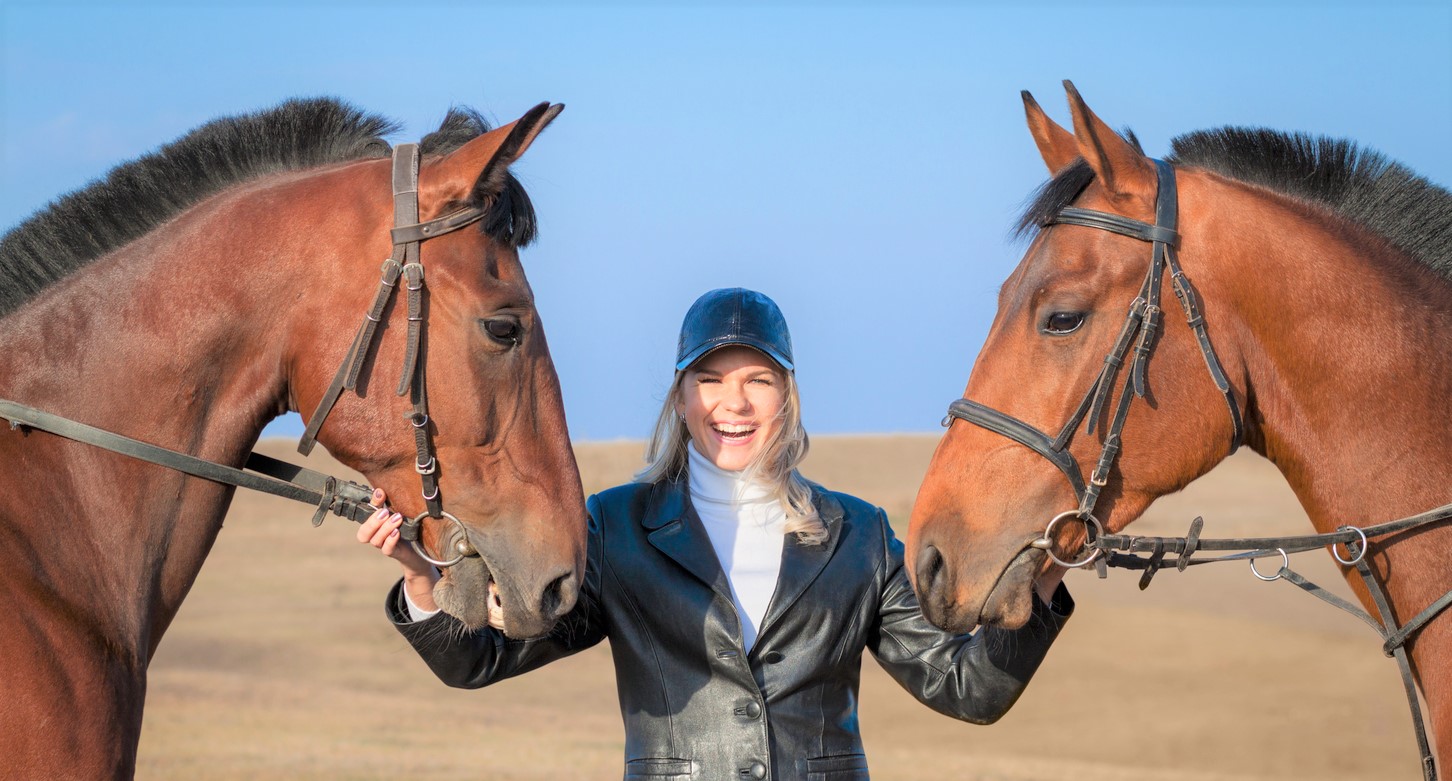In recent discussions surrounding equine interactions, a curious question has emerged: Do horses harbor a bias against women? Startling statistics from the Centers for Disease Control and Prevention (CDC) indicate that horses cause more injuries to women than men. This phenomenon prompts us to delve deeper into the underlying reasons behind these gender disparities.

According to the CDC’s extensive research, the incidence of horse-related injuries is notably higher among women compared to men. While horses are known for their gentle nature and intuitive understanding of human emotions, this statistical discrepancy raises intriguing questions about the dynamics between women and these majestic creatures.

Several factors contribute to this gender disparity in equine-related injuries. One significant aspect is the difference in body language and communication styles between men and women. Horses are highly perceptive animals, attuned to subtle cues and energies emitted by humans. It is possible that women, on average, may unknowingly convey signals that horses interpret differently or respond to in a manner that leads to accidents.
Moreover, societal conditioning and upbringing may play a role in this phenomenon. Traditional gender roles often dictate that women are expected to be more nurturing and gentle, which might influence their approach to handling horses. This could inadvertently lead to situations where women may be more prone to accidents due to a perceived need to be overly cautious.

It is important to emphasize that horses do not inherently harbor a dislike for women. These animals are, by nature, responsive to the energy and intentions of those around them. Any gender-based disparities in injuries are likely a result of complex interplays of communication styles, societal conditioning, and individual experiences.

To mitigate the risk of injuries during interactions with horses, it is crucial for both men and women to receive proper training and education in equine handling. Understanding the intricacies of horse behavior and communication can go a long way in establishing safe and harmonious relationships between humans and these remarkable creatures.
In conclusion, the CDC’s revelation of higher rates of horse-related injuries among women highlights an intriguing aspect of equine interactions. While it is not accurate to claim that horses inherently dislike women, it is essential to recognize and address the factors contributing to these gender disparities. By fostering a deeper understanding of equine behavior and communication, we can ensure safer and more enriching experiences for all individuals, regardless of gender.







